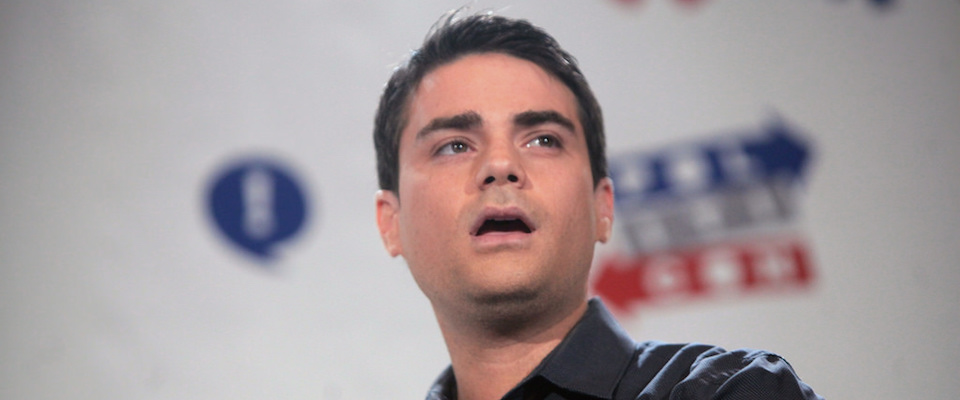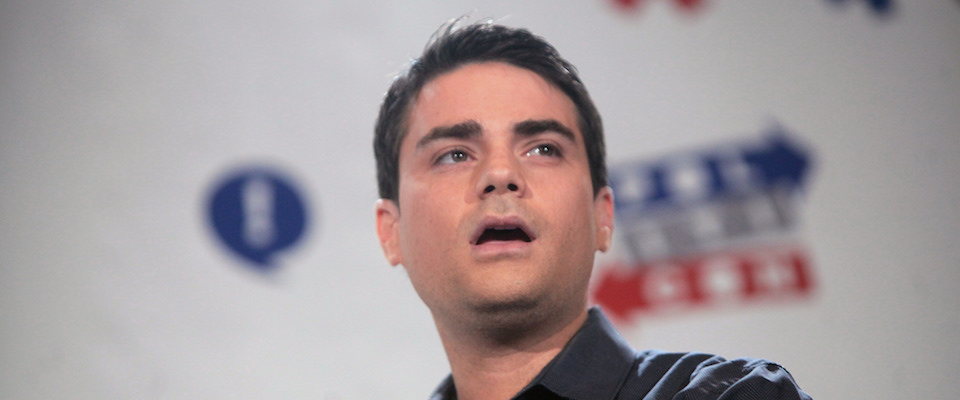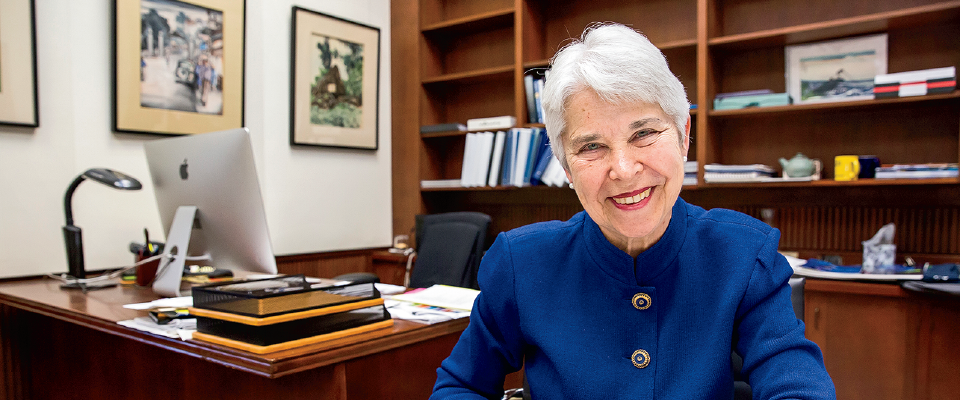It’s been about two weeks since the media chatter started about student groups’ trying to bring conservative pundit Ben Shapiro to the UC Berkeley campus—and the hullabaloo has an air of déjà vu. Much like with the Milo Yiannopoulos and Ann Coulter fiascos, there have been gripes from conservative student groups claiming that Berkeley is suppressing free speech. But in the context of the right to blab on campus, it appears that the main problem facing speech isn’t that it’s not free, but that much of it is fact free.
“This attempt to block Ben Shapiro is the University of California, Berkeley’s third instance of shredding the First and Fourteenth Amendment rights of conservative students,” writes Spencer Brown, spokesperson for Young America’s Foundation, one of the student groups who invited Shapiro. He also accused Berkeley of “blatantly anti-free speech and unconstitutional actions.” Some news outlets have parroted this idea, and have even gone so far to say that Berkeley cancelled the Shapiro event. Once again, we invite everyone to brush up on basic First Amendment protections.
“We are confident Shapiro will be able to speak on campus. In terms of exactly where and exactly how, we don’t yet know.”
But actually, according to UC Berkeley spokesperson Dan Mogulof, the university has not blocked the groups from hosting Shapiro, and has even offered alternative venues for the speech on September 14, the date demanded by the Berkeley College Republicans.
“It is clear that we have a number of possible venues on the campus available at 7:00 pm on September 14,” says university spokesperson Dan Mogulof. “We are confident Shapiro will be able to speak on campus. In terms of exactly where and exactly how, we don’t yet know. That requires sitting down with the student group to discuss and decide on the details for the event on the 14th.”
When the university first responded to the student groups via email, they said there was no space for Shapiro on the specified date because the groups were demanding a 500-seat venue, none of which were available on that date. “There are but a handful of venues of that size on campus,” the administration writes, “and for that reason they tend to get booked up long in advance.” In response, the group indicated they’d be willing to drop the number down to as few as 425 people. This opened up other venues, making it possible for the event to move forward.
However, before Berkeley even began the negotiating process over the spaces, the press reported that the university would be hosting Shapiro, mirroring the premature press leaks of Coulter’s speech a few months ago. The student groups made their initial request to host Shapiro on July 10 and news outlets announced Shapiro’s speech to the press as early as July 11—a full week before the university’s response on July 18.
The university also provided the student groups a number of dates between July 24-27, in which the students could meet with the administration and UCPD to better plan for the event—based on Berkeley’s newly drafted event policy. Among other things, the policy states that groups need to make event requests at least eight weeks prior to a desired date and submit publicity materials five weeks before. And if the UCPD thinks the event could pose a risk, the groups must meet with police six weeks in advance. Essentially, the document was created to clear up any confusion for student groups and outside groups who are looking to host an event on campus, says Mogulof.
“Going forward, the event policy in place really hasn’t changed around the most important issues like content control—it doesn’t matter who the speakers are,” Mogulof says. “[The policy] is more about clarifying exactly what the process is [for booking a speaker].”
The student groups could not be reached in time for comment as to whether they’ll accept invitations from the university, either to plan for the Shapiro event or to host it.
“We need to meet with [the student groups] because it’s a little confusing,” Mogulof says. “You can’t do planning for an event through the media—you’ve got to do it around a table.”





















